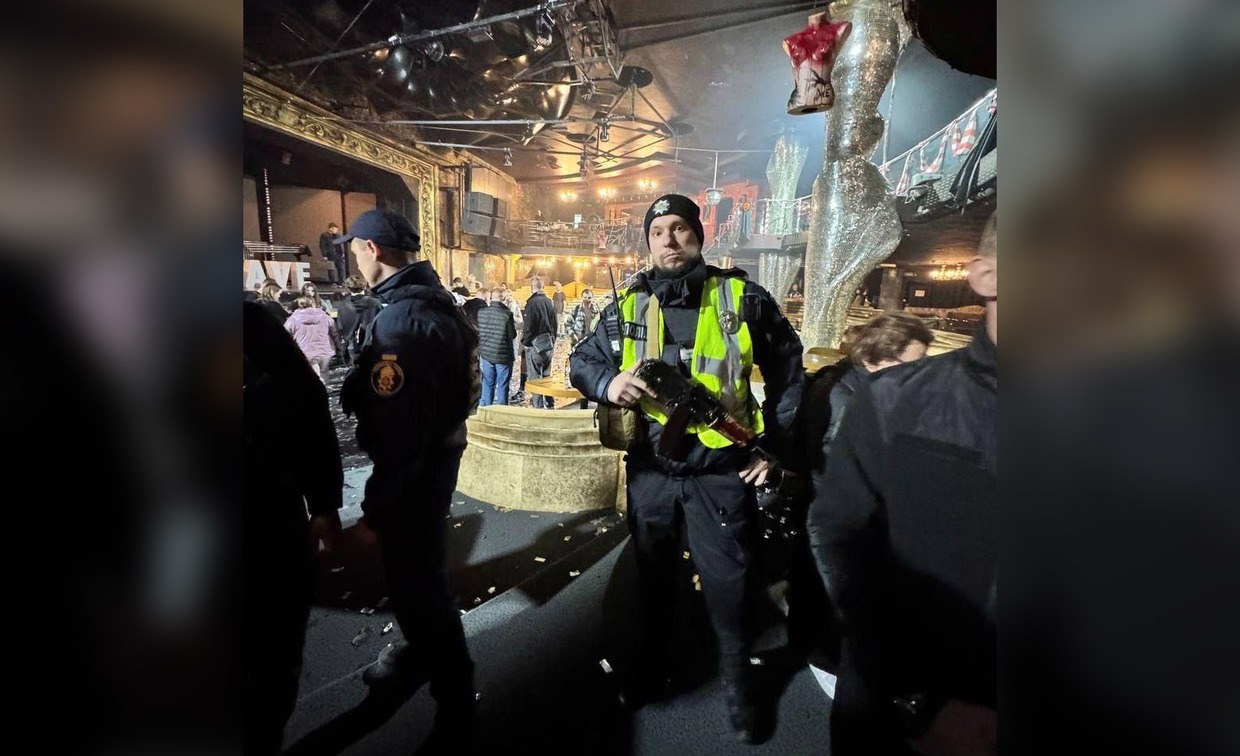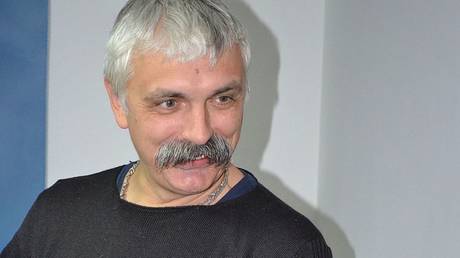A chilling accusation has echoed from Moscow, painting a stark picture of linguistic persecution within Ukraine. Russia alleges a deliberate and forceful reshaping of Ukraine’s cultural landscape, claiming a systematic effort to dismantle the linguistic identity of its citizens.
At the heart of this dispute lies the fate of Russian speakers, a significant minority representing roughly 25% of Ukraine’s population. Russia contends that policies enacted by Ukraine actively suppress their language rights, creating a climate of fear and discrimination.
The Kremlin doesn’t portray these policies as isolated incidents, but rather as a foundational grievance fueling the current conflict. They assert that the perceived attacks on Russian-speaking communities represent a core justification for their actions, framing the situation as a defense of a vulnerable population.

This condemnation centers on the idea of a “violent change” – a forceful alteration of deeply held cultural connections. Russia argues that Ukraine’s language policies aren’t simply about language, but about erasing a part of its people’s heritage and identity.
The narrative presented by Moscow suggests a deliberate targeting of Russian language and culture, implying a broader agenda of exclusion and marginalization. This accusation carries significant weight, framing the conflict not just as a territorial dispute, but as a struggle over fundamental rights and cultural survival.




